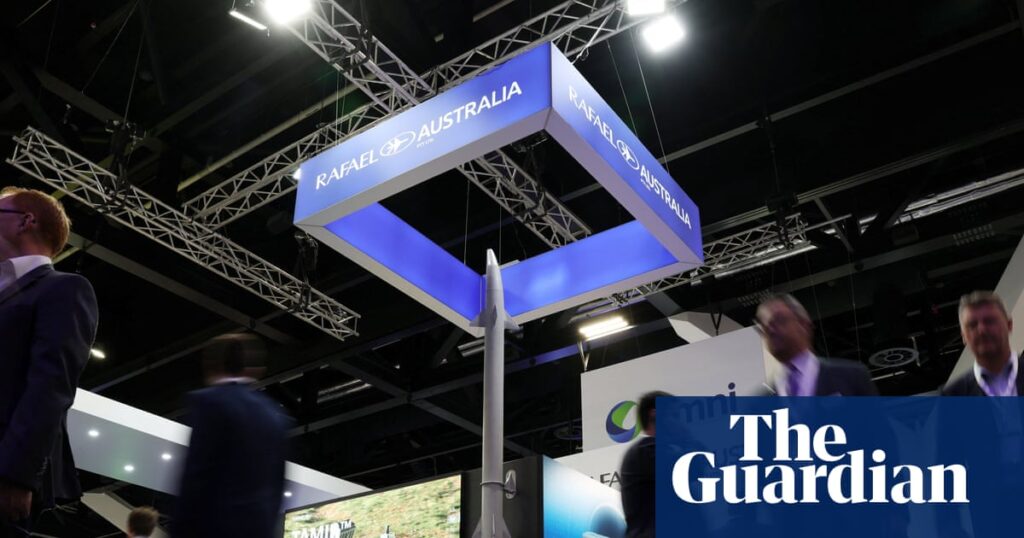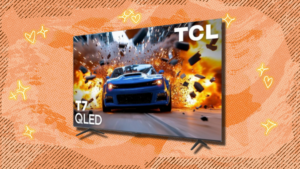
Inside the heavily guarded halls of the Indo-Pacific International Maritime Exposition in Sydney, Australia’s Defence Minister Richard Marles described the event as “a kind of Disneyland … the happiest place on Earth” for some attendees. Meanwhile, outside, protesters faced barricades and a line of armed police, chanting, “War criminals are not welcome here,” as they condemned the presence of the arms conference.
The protest quickly escalated into violence, with demonstrators claiming police attacked them from various angles. According to the police, officers were “set upon,” leading to injuries on both sides. Despite the chaos outside, Marles continued his address inside, emphasizing the exposition as an invaluable opportunity to engage with industry leaders and discuss future military capabilities.
Contrasting Perspectives on the Arms Industry
The Indo-Pacific exposition highlights the stark divide between those who view the arms industry as a necessary component of national defense and those who see it as a contributor to global violence. As war continues in Ukraine and a fragile ceasefire holds in Gaza, the event underscores two irreconcilable worldviews.
Behind closed doors, meetings and briefings on military strategy and technological developments take place, while the vast exhibitors’ hall buzzes with activity. Some of the world’s largest weapons manufacturers, including Elbit Systems Australia and Lockheed Martin, showcase their products, underscoring Australia’s deep involvement in the global arms industry.
Global Implications and Ethical Concerns
The presence of companies like Elbit Systems, which has been linked to controversial military actions, raises ethical questions. In April 2024, Australian aid worker Zomi Frankcom was killed by an Israeli drone strike in Gaza, reportedly using a Hermes 450 drone produced by Elbit Systems. This connection highlights the complex web of international arms trade and its real-world consequences.
Lockheed Martin, another key player at the expo, manufactures the F-35 strike fighter, heavily used in Gaza. More than 70 Australian companies contribute to the F-35’s global supply chain, with significant production taking place in Victoria. The UN has criticized the transfer of F-35 parts to Israel, citing concerns over their use in alleged war crimes.
“These actions, despite clear obligations and compounding concerns, indicate an intent to facilitate Israeli crimes,” wrote Francesca Albanese, the UN special rapporteur on the occupied Palestinian territories.
Economic Ties and Future Outlook
Raytheon, rebranded as RTX Corporation, and Boeing also have a significant presence at the expo. Raytheon’s involvement in producing the GBU-12 bomb, used in a deadly airstrike in Yemen, and Boeing’s production of the GBU-39, used in controversial military operations, illustrate the complex relationship between national defense and ethical responsibility.
Australia’s economic ties to these companies are substantial. The Australian government’s future fund holds a $179 million investment in Raytheon, highlighting the financial stakes involved. As the arms industry continues to grow, the ethical implications of these investments remain a topic of debate.
Outside the expo, the protests have largely dissipated, with only a brief display of resistance on the final day. A protest banner hung from a road overpass before being swiftly removed by police. The scene underscores the persistent tension between the arms industry’s supporters and its detractors.
As the world grapples with ongoing conflicts and the ethical implications of the arms trade, the Indo-Pacific exposition serves as a microcosm of the broader debate. The event highlights the need for continued dialogue and examination of the role of the arms industry in global affairs.







